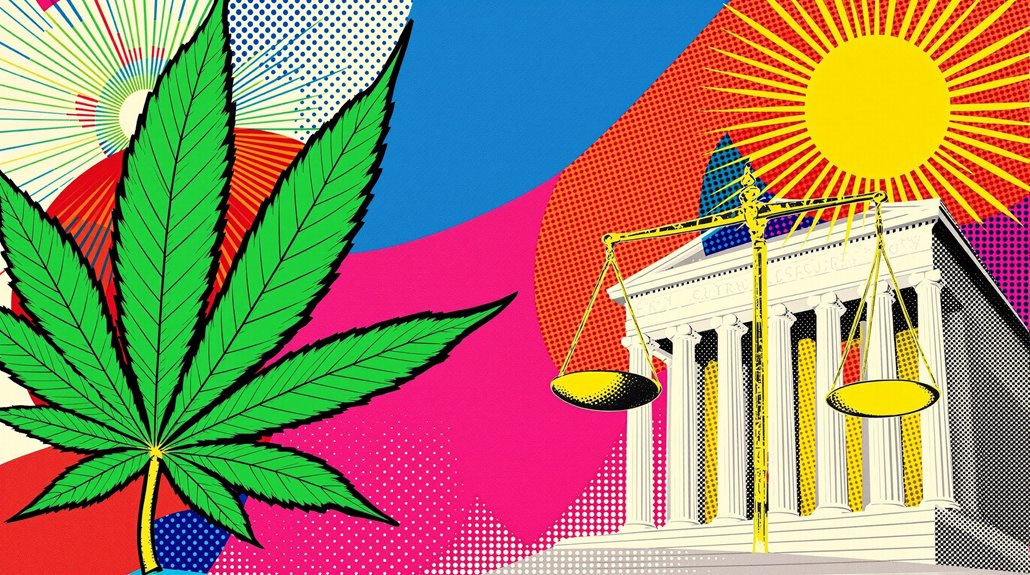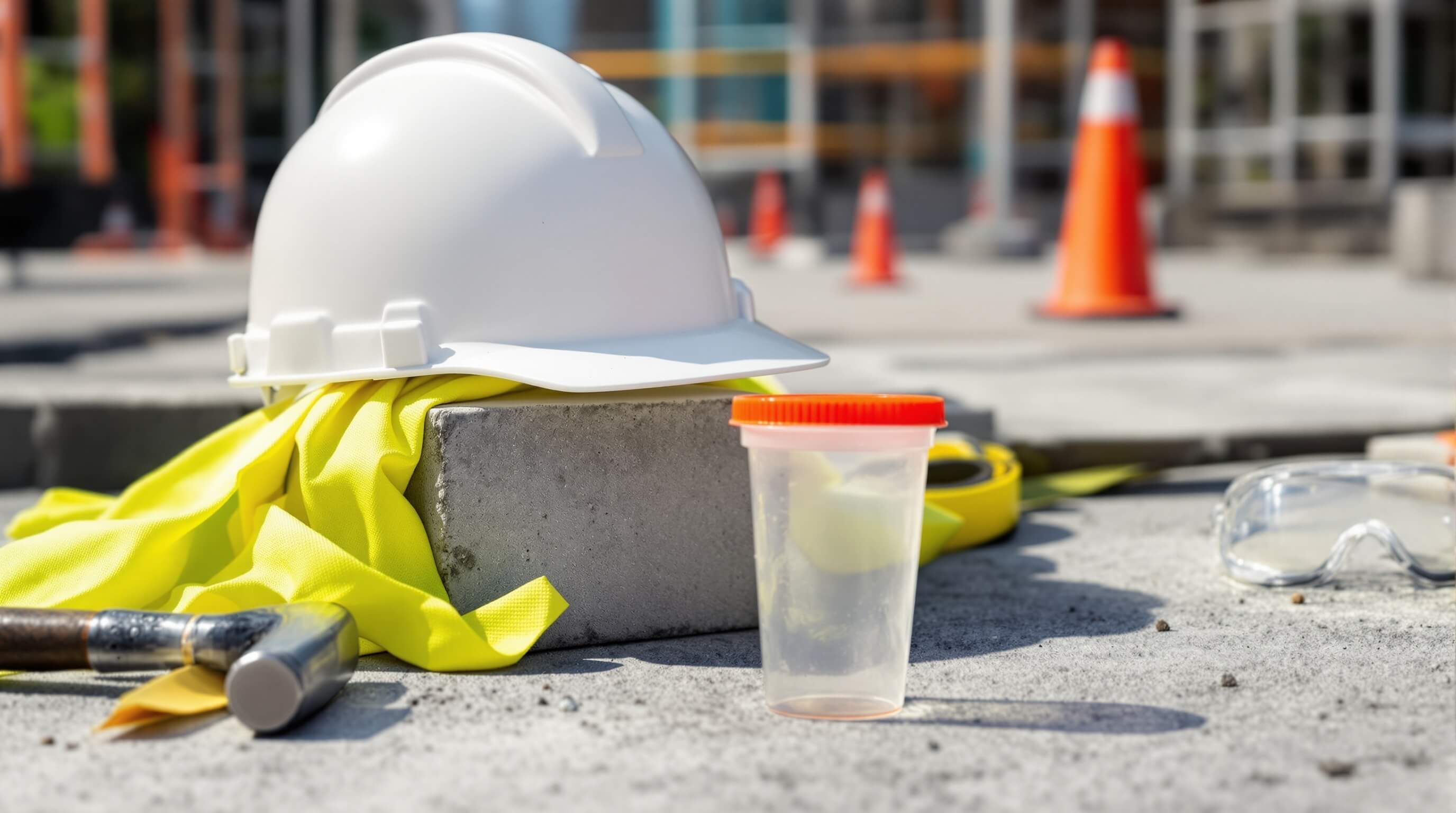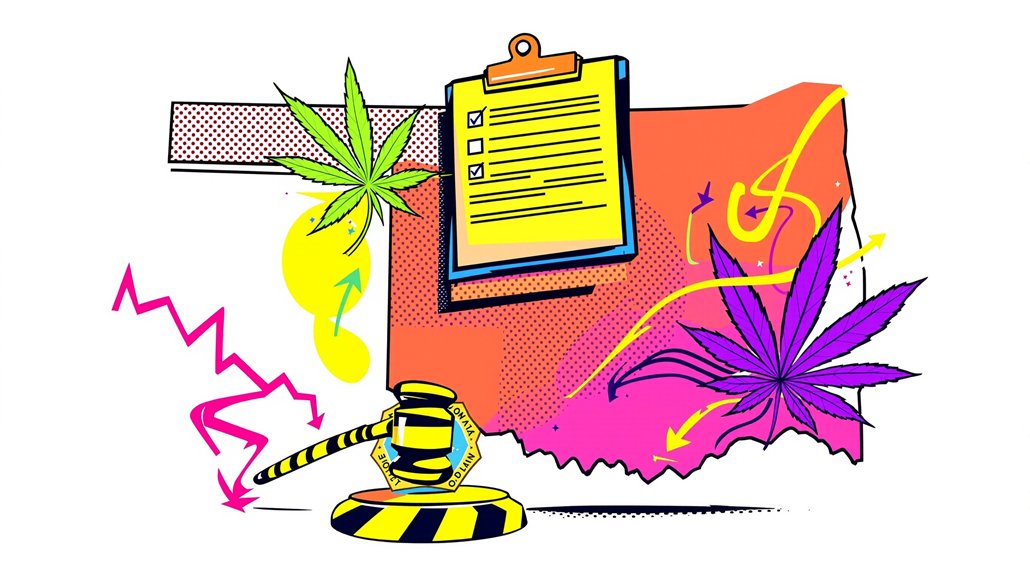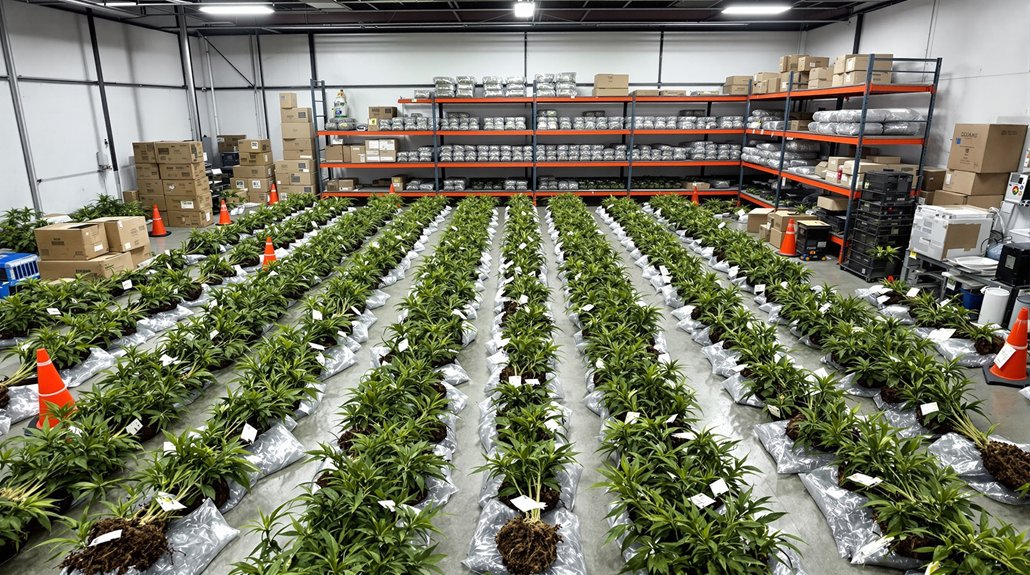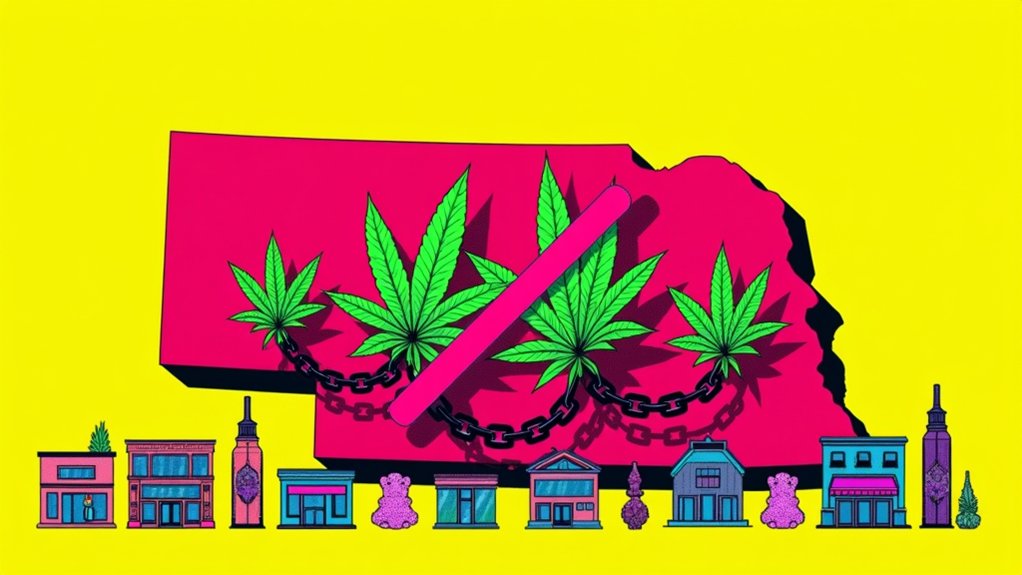As President Trump signals a potential shift in federal marijuana policy, the administration is actively reviewing whether to reclassify cannabis from its current Schedule I status to the less restrictive Schedule III category. This represents a dramatic departure from decades of federal drug policy that has classified marijuana alongside heroin and LSD since 1970.
The Controlled Substances Act originally placed marijuana in Schedule I, designating it as having high abuse potential, no accepted medical use, and lacking safety for medical supervision. That classification now faces scrutiny as Trump publicly stated his intention to review marijuana’s status, focusing on research to reveal medical uses. The White House chief of staff is currently reviewing a thorough report on cannabis rescheduling, with a decision anticipated within weeks.
Trump’s evolving stance became evident when he endorsed Florida’s Amendment 3 in September 2024, supporting the state’s adult-use legalization campaign. While consistently backing medical marijuana, he remains characteristically ambivalent about recreational use. His approach emphasizes states’ rights, allowing individual states to determine their marijuana policies independently. Trump has expressed concerns about Colorado’s problems that emerged following the state’s marijuana legalization, noting the need for careful study of outcomes before broader implementation. The approach contrasts with Mexico’s system where personal possession limits are set at 28 grams with severe penalties for exceeding this threshold.
Trump’s marijuana policy pivots toward state autonomy while maintaining calculated ambiguity on recreational legalization despite supporting Florida’s adult-use initiative.
However, internal resistance persists within key federal agencies. The DEA and DOJ have historically opposed rescheduling efforts, and Trump has filled vital positions with individuals who maintain opposition to cannabis reform. Former White House Press Secretary Sean Spicer previously declared federal legalization “will not happen” under Trump, though recent signals suggest a more nuanced approach.
A shift to Schedule III would greatly ease restrictions on research and access, recognizing marijuana’s accepted medical use while imposing less stringent distribution controls. This reclassification could revolutionize the cannabis industry, particularly regarding banking access, tax relief from IRS 280E provisions, and interstate commerce regulations. The pharmaceutical sector anticipates increased research opportunities and potential FDA-regulated cannabis products.
Legal uncertainty remains as Justice Department attorneys prepare to defend federal marijuana prohibition amid expanding state reforms. Supreme Court cases may force the administration to articulate clearer marijuana policies, while Congressional figures like Senator Rand Paul seek compromise legislation addressing hemp and THC regulation. The hearing cancellation adds another layer of complexity to the rescheduling timeline following a motion to reconsider by Village Farms International and Hemp for Victory.
The nomination of Terrance C. Cole for DEA administrator and Robert F. Kennedy Jr. as HHS Secretary could influence the final direction, though both agencies maintain considerable autonomy in scheduling decisions. Department of Health and Human Services leadership has indicated deference to DEA authority on the ultimate classification.
This potential policy shift reflects growing tension between federal prohibition and state-level legalization trends, with over half the states having enacted some form of marijuana reform despite continued federal restrictions.
